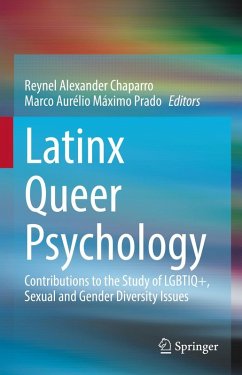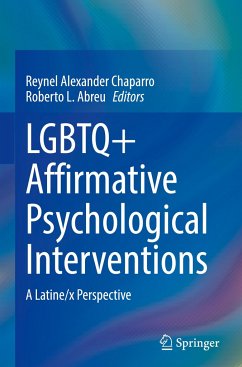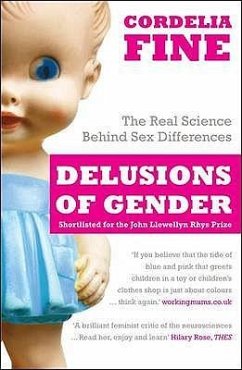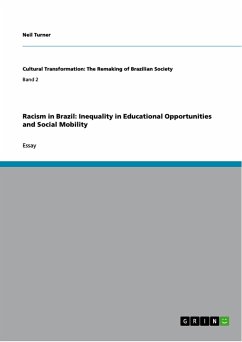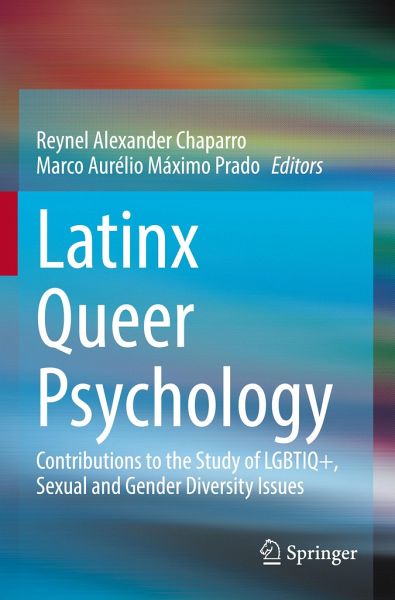
Latinx Queer Psychology
Contributions to the Study of LGBTIQ+, Sexual and Gender Diversity Issues
Herausgegeben: Chaparro, Reynel Alexander; Prado, Marco Aurélio Máximo
Versandkostenfrei!
Versandfertig in 6-10 Tagen
106,99 €
inkl. MwSt.

PAYBACK Punkte
53 °P sammeln!
This book brings together studies that contribute to the emergence of a latinx queer psychology. LGBTQ+ studies have gradually included the perspective of sexual and gender diversity, but they have been predominantly elaborated from North American and European perspectives. This book focuses on different understandings and practices developed by Latin American researchers that contribute to a broader application of psychological knowledge in LGBTQ+ studies, as well as sexual and gender diversity issues, but goes beyond the region by also incorporating chapters written by European and North Ame...
This book brings together studies that contribute to the emergence of a latinx queer psychology. LGBTQ+ studies have gradually included the perspective of sexual and gender diversity, but they have been predominantly elaborated from North American and European perspectives. This book focuses on different understandings and practices developed by Latin American researchers that contribute to a broader application of psychological knowledge in LGBTQ+ studies, as well as sexual and gender diversity issues, but goes beyond the region by also incorporating chapters written by European and North American authors influenced by latinx perspectives.
Latin American psychology has developed original approaches to LGBTQ+ studies based on a new theoretical critique to the mainstream psychological theories that has given rise to a new queer psychology. The chapters in this book showcase both theoretical contributions and empirical researches in this emerging field from six Latin American countries - Argentina, Brazil, Chile, Colombia, Costa Rica and Uruguay - as well as from Spain, the United States and Puerto Rico.
Latinx Queer Psychology: Contributions to the Study of LGBTIQ+, Sexual and Gender Diversity Issues aims to contribute to the decolonization of psychological knowledge and practices addressing sexual and gender diversity issues, and to serve as a useful resource for social, community, clinical and educational psychologists working with research and practice involving LGBTIQ+ populations, as well as to social scientists in general interested in queer and gender studies.
Latin American psychology has developed original approaches to LGBTQ+ studies based on a new theoretical critique to the mainstream psychological theories that has given rise to a new queer psychology. The chapters in this book showcase both theoretical contributions and empirical researches in this emerging field from six Latin American countries - Argentina, Brazil, Chile, Colombia, Costa Rica and Uruguay - as well as from Spain, the United States and Puerto Rico.
Latinx Queer Psychology: Contributions to the Study of LGBTIQ+, Sexual and Gender Diversity Issues aims to contribute to the decolonization of psychological knowledge and practices addressing sexual and gender diversity issues, and to serve as a useful resource for social, community, clinical and educational psychologists working with research and practice involving LGBTIQ+ populations, as well as to social scientists in general interested in queer and gender studies.





